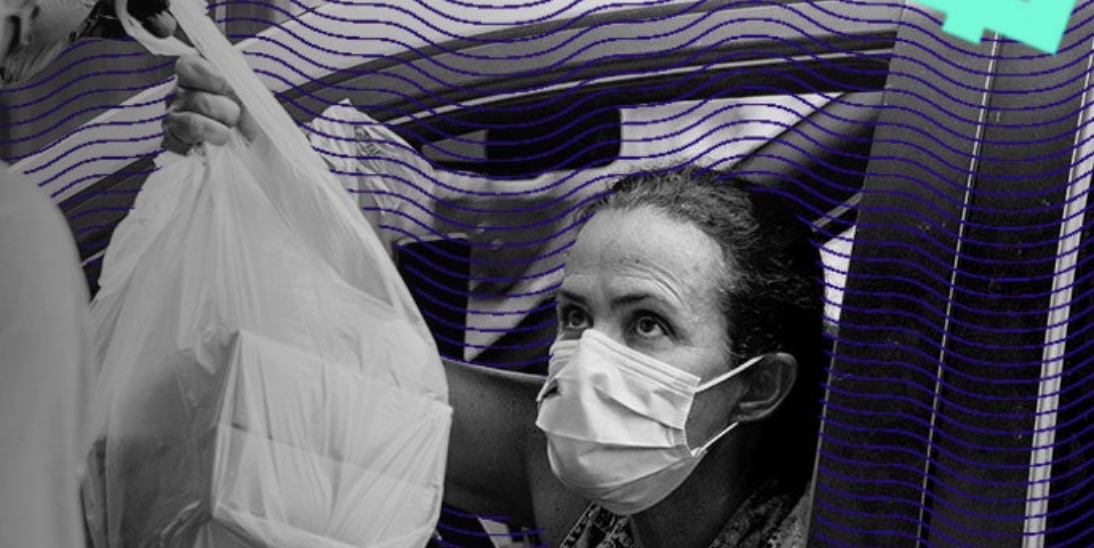Americans' Biggest Financial Regret Is Not Saving Enough Before The Coronavirus Hit Tyler Durden Wed, 06/24/2020 - 22:45
Coronavirus case are starting to pick up again in the south and west, driving the US daily case numbers back north of 30k, and reigniting fears that the resulting economic devastation, not to mention persistently higher rates of mortality, will be with us for longer than the myth of the V-Shaped recovery hath foretold.
Talk of another stimulus bill has apparently faded into the Democrats shifting their efforts to infrastructure, an issue that has been doomed for the scrap heap since the beginning of Trump's term, as it rapidly became apparent that any kind of sweeping bipartisan cooperation would never succeed in such a combatively polarized atmosphere, for fear that President Trump would actually be able to take credit for something unambiguously positive like rebuilding old bridges, airports and roads.
With no further support coming, and states facing another fiscal crisis that will inevitably lead to a wave of state- and municipal-level tax hikes in the coming months (ironically, the 'defund the police' demonstrators might get their wish after all'), millions of Americans are finally starting to reckon with the untenable financial realities they now find themselves in. With all this in mind, Bankrate surveyed 1,343 American adults earlier this month about their financial regrets as they relate to the coronavirus.
Among the survey's key takeaways was the notion that Americans' biggest financial regret - along every income group, including the wealthy - was not setting aside enough emergency savings, with 23% citing this reason as the biggest source of current anxieties.
Meanwhile, some 22% of respondents said their top priority moving forward is paying down debt. Not enough emergency savings was the top regret for every income group, but not every age group.
BankRate.com illustrated the survey's findings in a series of charts:
Looking beyond the coronavirus, the survey also hinted that for many, these financial anxieties existed before the virus arrived in the US. Americans evoked similar levels of regretfulness about saving for emergencies and for retirement:
- Emergency savings: 16 percent of Americans were very regretful and 22 percent somewhat regretful.
- Retirement savings: 16 percent were very regretful and 23 percent somewhat regretfulhe regretfulness associated with the remaining three categories was notably less:
- Amount of debt: Very regretful (13 percent) and somewhat regretful (18 percent)
- Income stability: Very regretful (11 percent) and somewhat regretful (18 percent)
- Living beyond your means: Very regretful (9 percent) and somewhat regretful (18 percent)
At least for those Americans who did pile on too much debt, some of that burden should be eased by the inevitable surge of inflation as the MMTers convince the Fed that it can print money like Venezuela or Zimbabwe without repercussion. Unfortunately, that double-edged sword will probably also wipe out any savings they or their neighbors had managed to cobble together.
https://ift.tt/2NvOUlm
from ZeroHedge News https://ift.tt/2NvOUlm
via IFTTT





0 comments
Post a Comment